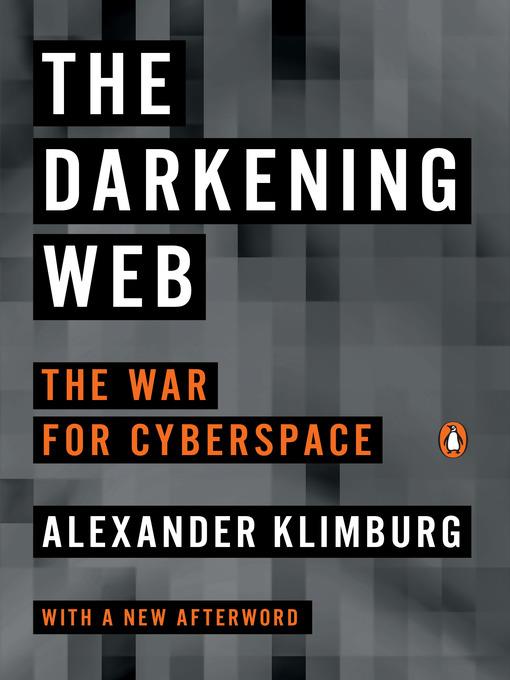
The Darkening Web
The War for Cyberspace
- اطلاعات
- نقد و بررسی
- دیدگاه کاربران
نقد و بررسی

May 22, 2017
The complex art of cyberwarfare and its global arena get a thorough examination by Klimburg, a cybersecurity expert at the Hague Centre for Strategic Studies. After an accessible explanation of the origins and underpinnings of the internet, Klimburg segues to an in-depth discussion of the major players in cyberwarfare—primarily the United States, Russia, and China—and then discusses his vision and fears for the future, depicting a chilling portrait of the interdependency of the cyberspace and its emergence as a domain for political conflict. Once Klimburg moves into policy and theory, his arguments get a little more abstract and may fly over the heads of those less grounded in the matter; he admits as much with a nod to the “virtual cyber veil of esoteric detail and complexity that has traditionally made this topic difficult even for experienced policy makers to grasp.” The book serves as an excellent primer on cyberwarfare, especially useful in the context of the 2016 U.S. presidential election, as accusations of Russian interference continue to make headlines.

May 15, 2017
Of the free internet and its discontents, who are many and powerful."Governments did not make the Internet," writes cybersecurity strategist Klimburg, the program director at The Hague Center for Strategic Studies. Never mind that the backbone of the internet was in fact the creation of scientists working under the American government, the fact remains that entrepreneurs, cyberpioneers, techno-anarchists, hackers, and other such independent-minded spirits have been the chief engineers of a place where pretty much anything goes. Those days may be coming to an end, Klimburg warns, as governments and corporations seek increasingly to control the internet, both to monitor the behavior of users and to seize the broadcast capabilities of the medium to serve up state propaganda. The United States, writes the author, has long held that the internet is "a largely non-state domain" that works pretty well as it is, while such governments as Putin's Russia believe that they should control their own portions of the Web, a position that China and much of the developing world also seems to hold--though, Klimburg notes, powers such as India and Brazil seem to be moving away from it, even as efforts are mounting in the U.S. to restrict online freedom. Given the "great cyber game" that is raging among state powers--witness the role of Russian hackers in recent elections outside Russia--and these efforts at control, the author foresees the possibility that much online activity may move to the "dark web," where criminality and illegality may in turn corrupt the free internet. He argues that the present multistakeholder approach to internet governance is the best of all possible cyberworlds, and he recommends the formation of a kind of organization akin to the Intergovernmental Panel on Climate Change to represent these many constituencies while allowing for internet independence and a fully engaged fight against cyberinstability. Klimburg delivers an urgent warning that civil libertarians and cybernauts alike will want to heed.
COPYRIGHT(2017) Kirkus Reviews, ALL RIGHTS RESERVED.

June 1, 2017
Klimburg (program director, Hague Ctr. for Strategic Studies) lays out in detail the perils posed by our growing dependence upon the Internet and warns how much more dangerous the situation may become. Starting with an explanation of how cyberspace works--from the hardware to the layers of software to the social interactions of users--he describes many points of system vulnerability. Klimburg recounts the history of attacks in which hackers have disabled portions of infrastructure, compromised data security, and influenced social and political behavior. Moreover, he indicates that the events known to the public represent only a fraction of the number of actual occurrences. The author asserts that cyberwarfare may be the greatest threat to democracy around the world and that the United States is being outperformed in both offensive and defensive activities by rivals Russia and China. In short, this is a very frightening book. Although parts of this title can be heavy going, reading it is well worth the effort. VERDICT Recommended for anyone interested in international affairs.--Harold D. Shane, Mathematics Emeritus, Baruch Coll. Lib., CUNY
Copyright 2017 Library Journal, LLC Used with permission.




دیدگاه کاربران